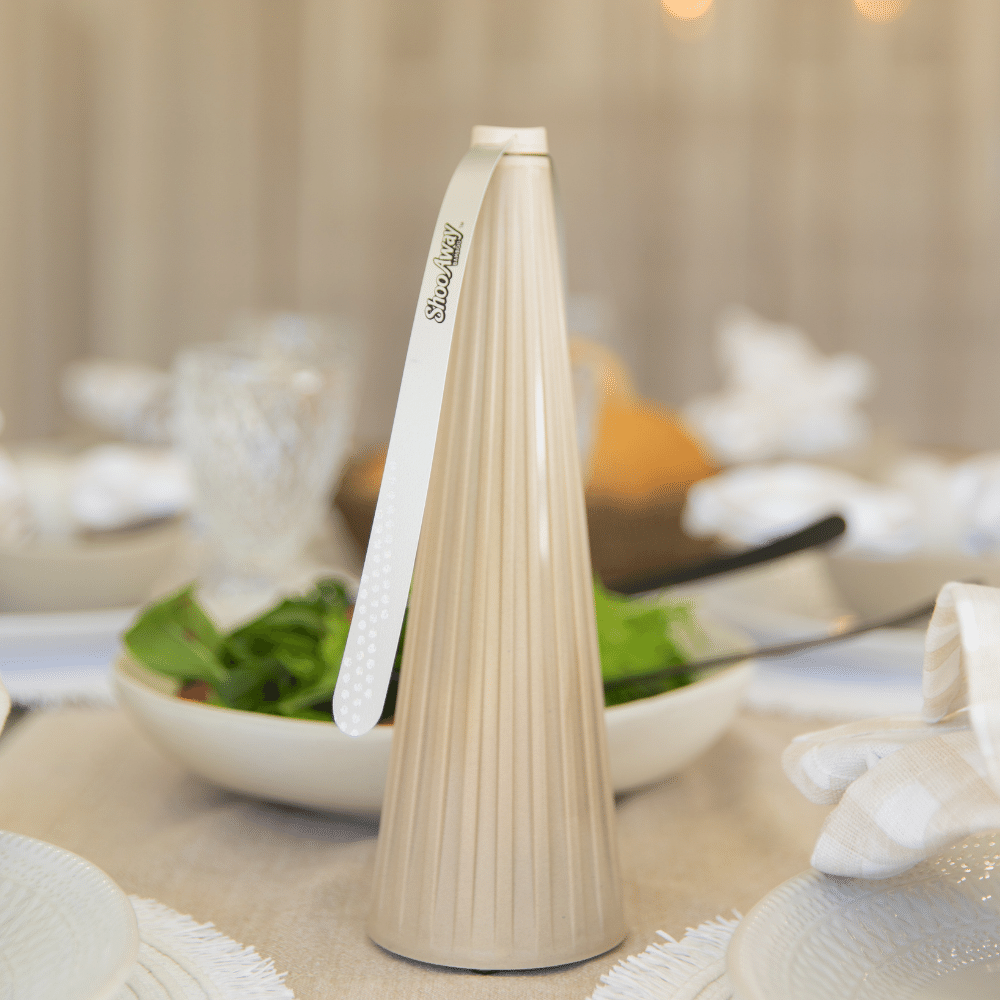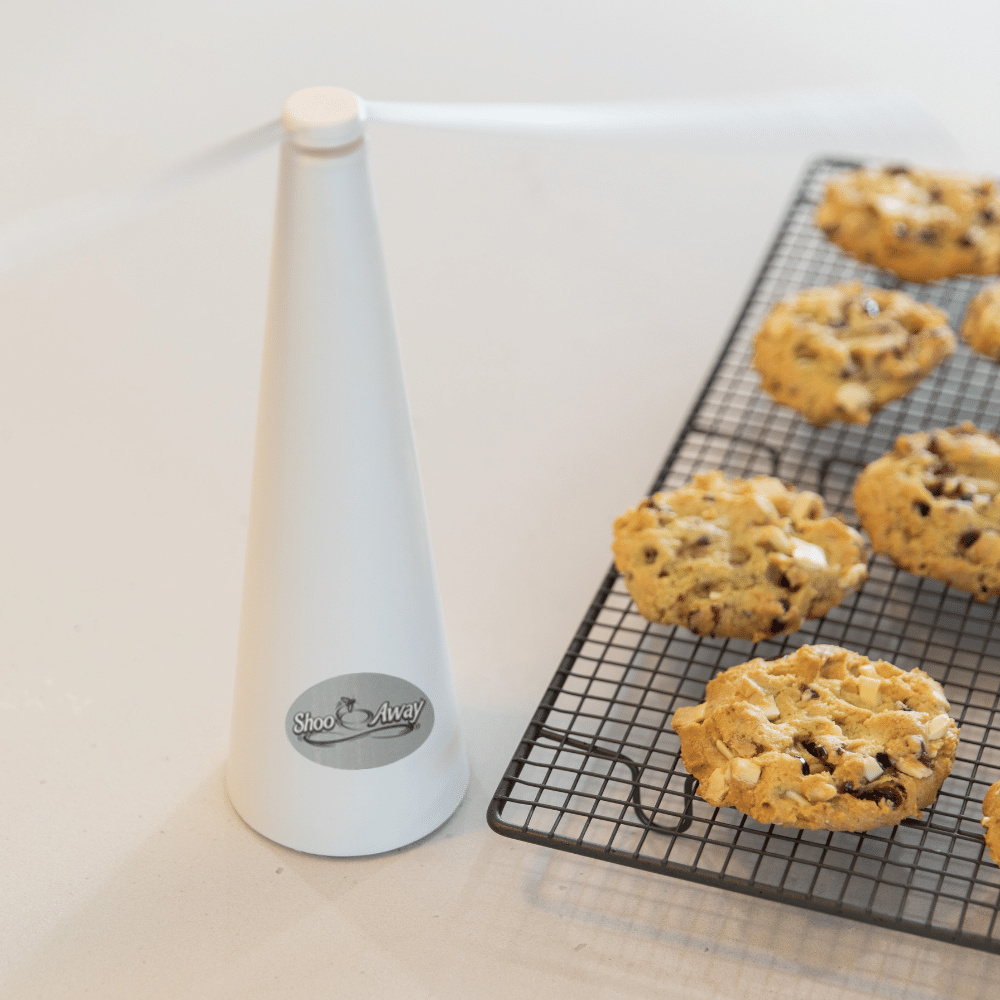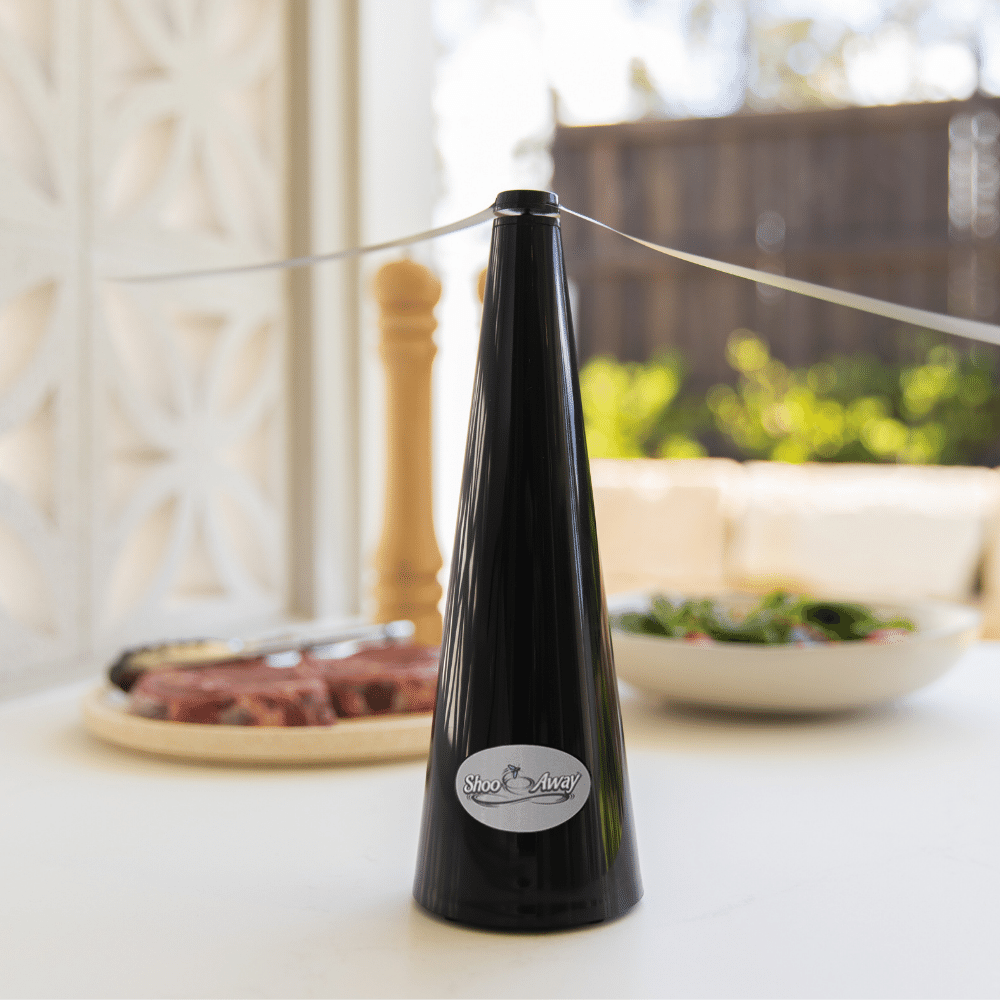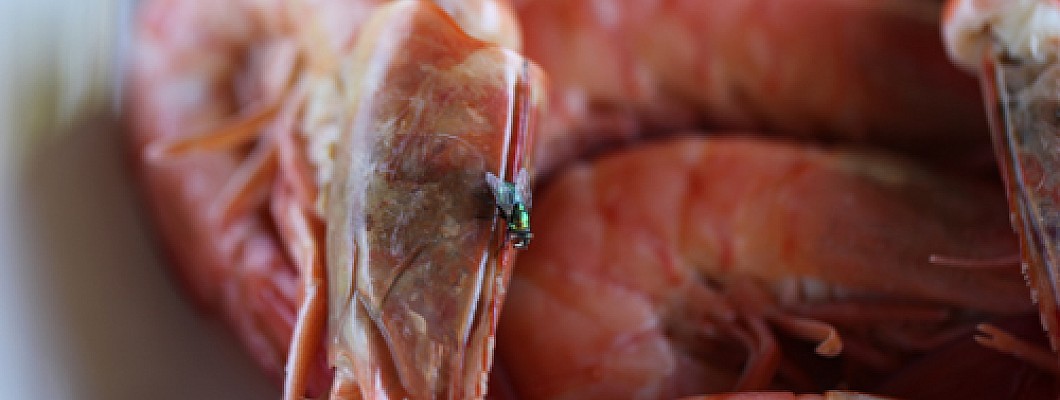There is nothing more disgusting than watching flies walking over your sandwiches or sausages. Most of us squirm and do the hand flick to get them to move on, only to find this lasts for about 10 seconds.
The diverse group of insects called flies comprise hundred of different species in New Zealand alone. Ranging from sandflies, fruit flies, blowflies, house flies, horse flies and even mosquitoes.
Flies have their place in the environment its just that we don't want their place to be our place. They assist with dead animal decomposition, provide food for other animals and plants that eat flies (a very important role - the more that are eaten the better!!!)
They also play an important role in the environment by assisting decomposition, pollinating plants and providing food for insectivorous predators. With the use of forensic entomology they can even assist police to solve crimes. Flies are even being used in medicine with maggot therapy being used to assist in cleaning up around wounds and the faithful fruit-fly (drosophila) having enzymes that are proving medically useful.
Many of the numerous species of fly can be a potential health risk but generally the common old house fly (musca domestica) is the one we have to deal with the most. Although we associate house flies with landing on our food, leaving fly "dirt" (poop) on the ceiling and generally being annoying, it is more closely associated with rotting organic waste including pet and animal faeces, dead animals etc. In amongst this waste material are a host of pathogens
As a result it is no wonder we consider flies to be filthy.
Transmitting pathogens
Many insects will transmit pathogens and disease by biting but flies don't have teeth. The way a fly manages to transmit disease is particularly disgusting. Because they don't have teeth they "eat" by spitting enzyme-rich saliva onto the food to dissolve it. The fly then sucks up this mix of regurgitated saliva and partly digested food. Sort of like eating your own vomit.
The other way that flies transmit pathogens is on their feet. One minute they are walking on a decaying animal, rotten waste or dog poop - the next they are tracking this across your food.
If a fly is allowed to walk around on your food for any length of time transferring pathogens from their feet and vomiting and sucking up food and defecating it out, then the chances of leaving behind a healthy pathogen population are quite high.
Then to make it worse flies will lay eggs and the resulting larvae (maggots) will hatch out and eat their way though any decaying material. Anyone that has had flies in their rubbish bin over summer will know how disgusting this is.

Shoo off or Keep It?
Whilst the thought of a fly walking over our food is most unpleasant, in most cases the odd fly that has landed on your food and has been shoo'ed away won't cause any problems and you shouldn't have to throw your lunch away.
There is no doubt that flies can carry viruses, parasites and bacteria from rotten waste to our freshly prepared food but a single fly landing on your food briefly is unlikely to cause any serious illness for the average healthy person.
Conversely though. If you allow flies to land on your food in numbers, allow them - through inattention - to wander around with impunity, vomiting and and pooping on your food then that is when Health risks increase.
Minimise your Risk?
Controlling flies around food is tricky and particularly so outdoors but here are some tips to minimise your risk.
Make sure that your foods is either protected by using Shooaway - the chemical free way to keep flies off your food or keep all food covered when preparing, cooking, serving and eating outdoor.
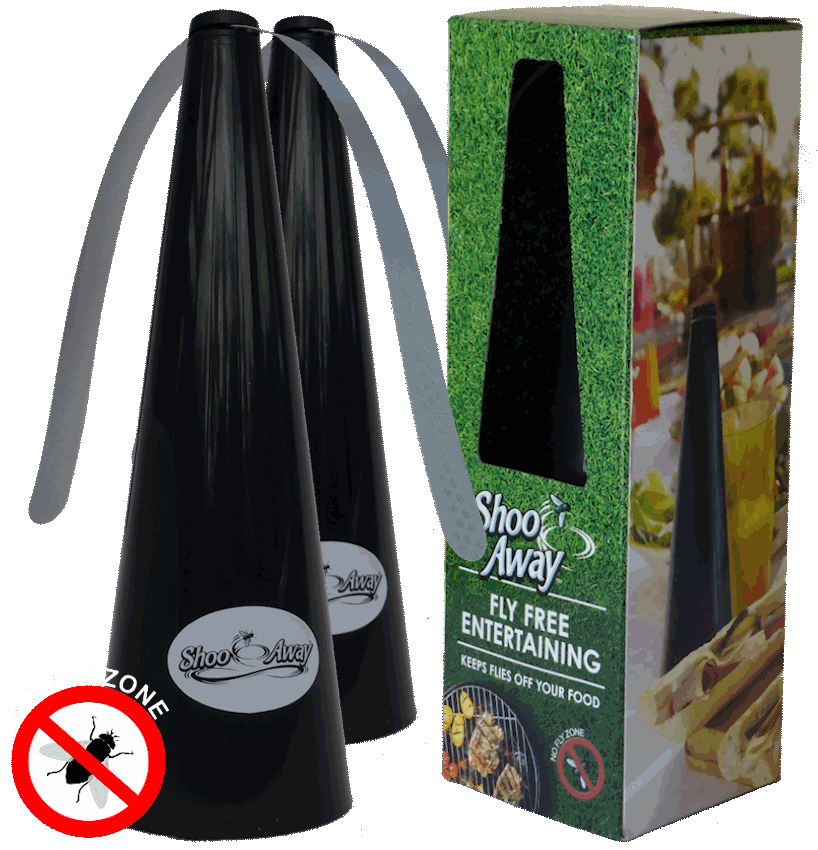
Keep flies out of the house. Screening windows and doors helps stop flies from coming inside but of course is less use outdoors. Keep garbage well covered and away from doors or windows if possible. Make sure that any dog poop is cleaned up regularly and ask your neighbours to do the same.
There is no doubt that insecticides and fly sprays will assist in keeping the population of flies inside the house down but pull out some hot meat or fish and most flies will commit Kamikaze and fly through a storm of insecticide when hot food is under offer.

Fly swatters - cheap but labour intensive
And if flies are around and you can bother wasting valuable eating time chasing them away or killing them you can use the old fashioned Fly Swat or my particular favourite the Fly Zapper. Just make sure you don't swat them into your food without realising.
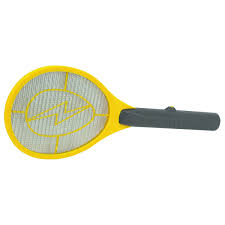
Thanks to The Conversation from where much of the source material was drawn.

